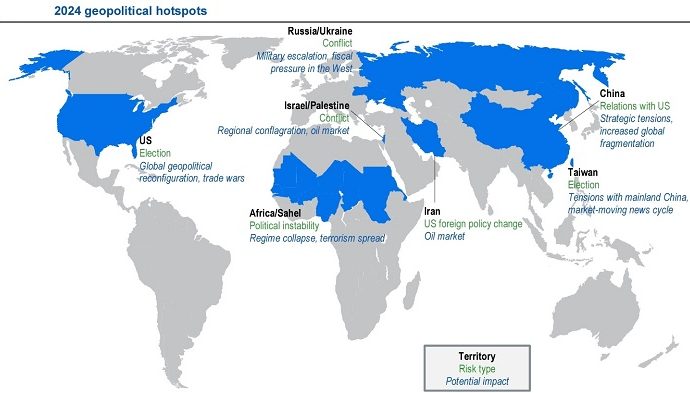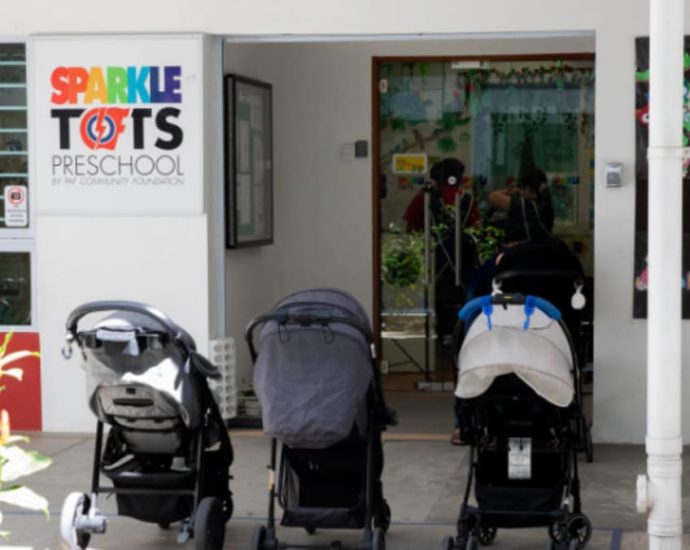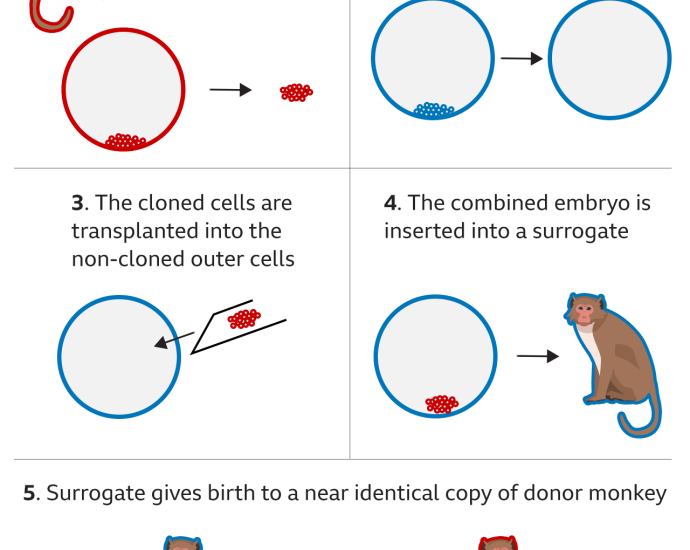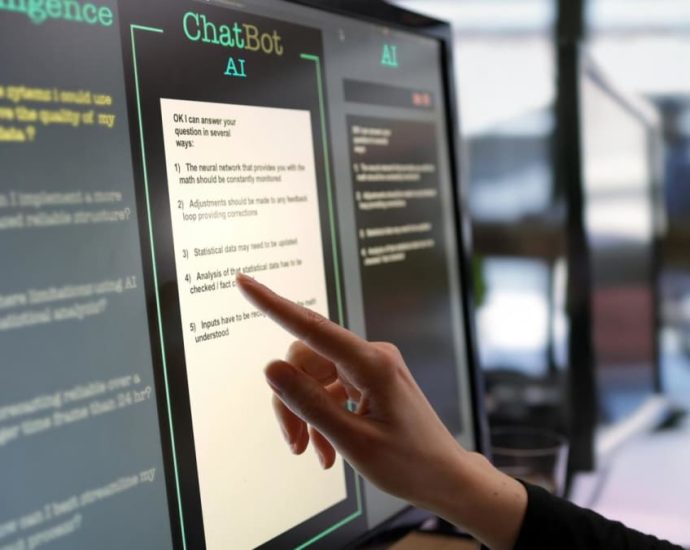Dept: Don’t call Thaksin an ‘inmate’

PUBLISHED : 17 Jan 2024 at 04:00
The Department of Corrections has asked people not to refer to former prime minister Thaksin Shinawatra as a prison inmate to help smooth his future return to society, even though he is serving a jail sentence while in hospital.
The request was made in a press release issued yesterday. There was no attributed spokesman.
The statement said the department referred to male and female offenders as inmates only when they were actually in prison. This practice was in compliance with the Corrections Act.
The word inmate should not be used when inmates’ names are mentioned outside prison. The statement said that doing so could affect their return to society and infringe on their human rights.
The honorifics Mr, Mrs and Miss were used in the medical records of inmates when they were taken to external hospitals for treatment, the department said.
Referring to them as inmates could brand them for life, as the reference could remain on social media for a long time.
Thaksin, 74, returned to Thailand on Aug 22 last year after 15 years of self-exile and entered the justice system. He had been convicted and later sentenced in absentia for corruption and abuse of authority while in office prior to the military coup that ousted him in 2006.
On arrival on Aug 22, 2023, Thaksin was detained and taken to court and was, on the same day, sentenced to eight years in prison, which was later reduced to one year by royal clemency.
That same night, the former premier was taken from Bangkok Remand Prison, where he had been jailed, to the Police General Hospital for “health reasons”. He has reportedly undergone surgery and has been there ever since.
A senator earlier anticipated Thaksin’s release next month.
At Davos, Chinese premier takes aim at ‘discriminatory’ trade barriers
DAVOS: Chinese Premier Li Qiang told the world’s political and business elites in Davos on Tuesday (Jan 16) that “discriminatory” trade barriers were a threat to the global economy, but the United States defended its restrictions on microchips as a national security measure. Li’s remarks came as the World EconomicContinue Reading
Malaysia Focus 2024 â Steady as she goes, says StanChart Bank
Domestic demand to remain a key growth driver with RM expected to outperform
Core inflation to remain benign, Bank Negara to maintain Overnight Policy Rate at 3.0%
Standard Chartered expects Malaysia’s Gross Domestic Product (GDP) growth to pick up to 4.8% in 2024 from 4.3% in 2023, with domestic demand likely to be…Continue Reading
7-Eleven Malaysia launches 7EGoGreen campaign to strengthen its ESG commitmentÂ
‘Buy Back’ programme for PPR communities to earn cash incentives when recycling
5% discount at all 7CAFé outlets when customers walk in with their own cups for beverages
7-Eleven Malaysia Sdn. Bhd. (7-Eleven) has launched its 7EGoGreen Waste2Life campaign. This one-year program aims to empower Projek Perumahan Rakyat (PPR) residents by raising awareness,…Continue Reading
ECDA looking into 2 incidents involving toddler at PCF Sparkletots preschool in Yishun
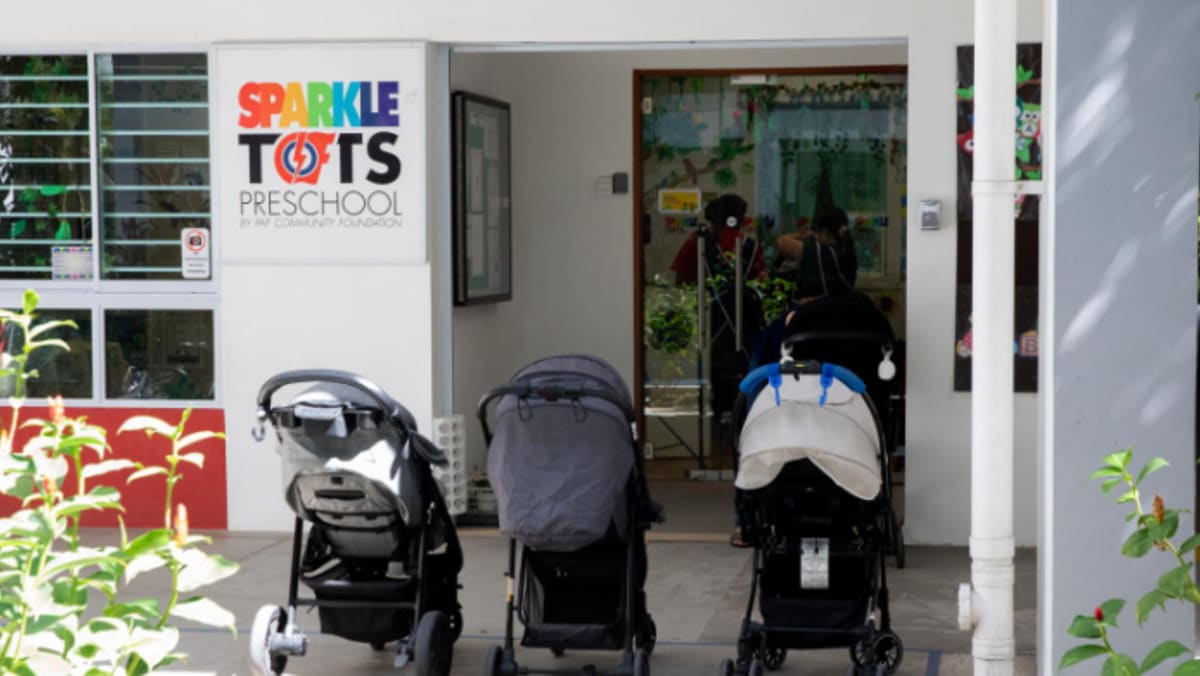
SINGAPORE: The Early Childhood Development Agency (ECDA) has launched a probe into two separate incidents at PCF Sparkletots @ Nee Soon Link Block 446 after a toddler returned home with a bruise on his right ear earlier this month.
The preschool operator told CNA on Tuesday (Jan 16) that it was first alerted of the boy’s injury by his parents on Jan 8.
An investigation was immediately launched and ECDA was notified on the same day. A meeting was set up with the parents on Jan 9, during which they were shown closed-circuit television (CCTV) footage, PCF Sparkletots added.
In response to CNA’s queries, ECDA said it had reviewed CCTV footage from Jan 2 to Jan 5 when the child was present at school.
In the first incident on Jan 3, the agency said the 22-month-old boy was “repeatedly attempting to climb onto a low window grille and the educator pushed him away from the window”.
“The child fell on his bottom on the play mat and rolled over sideways onto his back.”
In the second incident a day later, “the child was seated on a low chair, lost his balance and fell backwards onto the floor”.
On the bruise on the toddler’s right ear, ECDA said that based on its preliminary findings, the injury “could have occurred on Jan 4, when the child lost his balance and fell off a low chair”.
The agency added it is “looking into the educator’s inappropriate method used on Jan 3, when preventing the child from climbing onto the window grille” and that investigations are ongoing.
SAFETY OF CHILDREN IS OF “UTMOST IMPORTANCE”
“The safety and well-being of children in preschools is of utmost importance,” said ECDA.
“While incidents involving children may sometimes occur despite the preschool’s best efforts, ECDA takes a serious view towards all cases of child mismanagement. Actions will be taken against the preschool operator and staff if our findings support the allegation.”
The preschool operator said it “noted” ECDA’s ongoing investigation, and “will work closely and cooperate with them fully.”
“At PCF Sparkletots, the health, safety, and well-being of our children remains our top priority, and we’re fully committed to cooperating with the parents and the authorities.”
Cloned rhesus monkey created to speed medical research
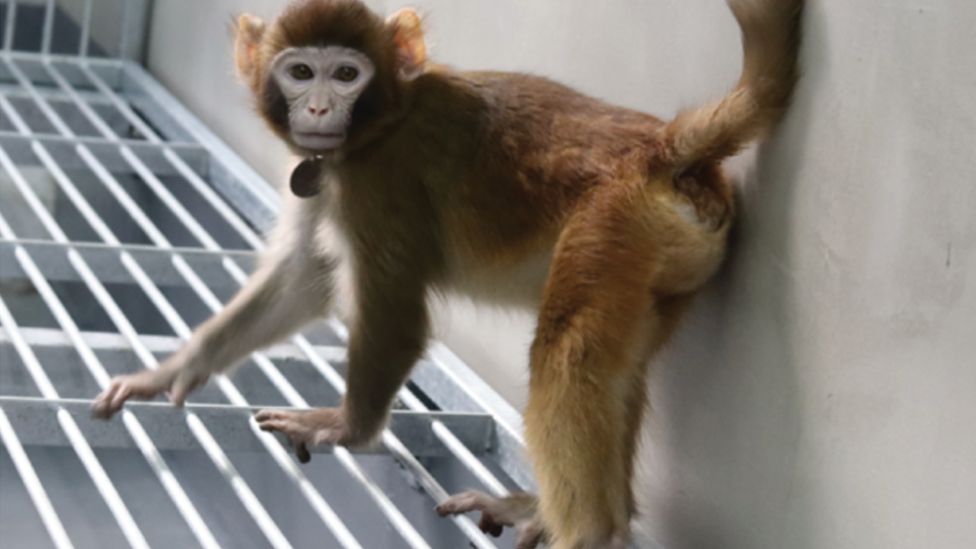 Zhaodi Liao, Nature
Zhaodi Liao, NatureChinese researchers have cloned the first rhesus monkey, a species which is widely used in medical research because its physiology is similar to humans.
They say they could speed up drug testing, as genetically identical animals give like-for-like results, providing greater certainty in trials.
Previous attempts to clone a rhesus have either not led to births or the offspring have died a few hours later.
One animal welfare group has said it is “deeply concerned” by the development.
In mammals, sexual reproduction leads to offspring made up of a mixture of genes from their father and mother. In cloning, techniques are used to create a genetically identical copy of a single animal.
The most famous cloned animal, Dolly the sheep, was created in 1996. Scientists reprogrammed a cell from another sheep to turn them into embryos which are building block cells that can grow into any part of an organism. These embryos were then implanted into Dolly’s surrogate mother.
Writing in the journal Nature communications, the researchers say they have essentially done the same thing but with a rhesus monkey. They say that the animal has remained healthy for more than two years, indicating the cloning process was successful.
Dr Falong Lu of the University of Chinese Academy of Sciences told BBC News that ”everyone was beaming with happiness” at the successful outcome.
But a spokesperson for the UK’s Royal Society for the Prevention of Cruelty to Animals (RSPCA) said that the organisation believed that the animal suffering caused outweighed any immediate benefit to human patients.
Rhesus monkeys are found in the wild in Asia, with populations in Afghanistan through India, Thailand, Vietnam and China. They are used in experiments to study infection and immunity.
The first macaque monkeys were cloned in 2018, but rhesus monkeys are preferred for medical researchers, because of their genetic similarity to humans.
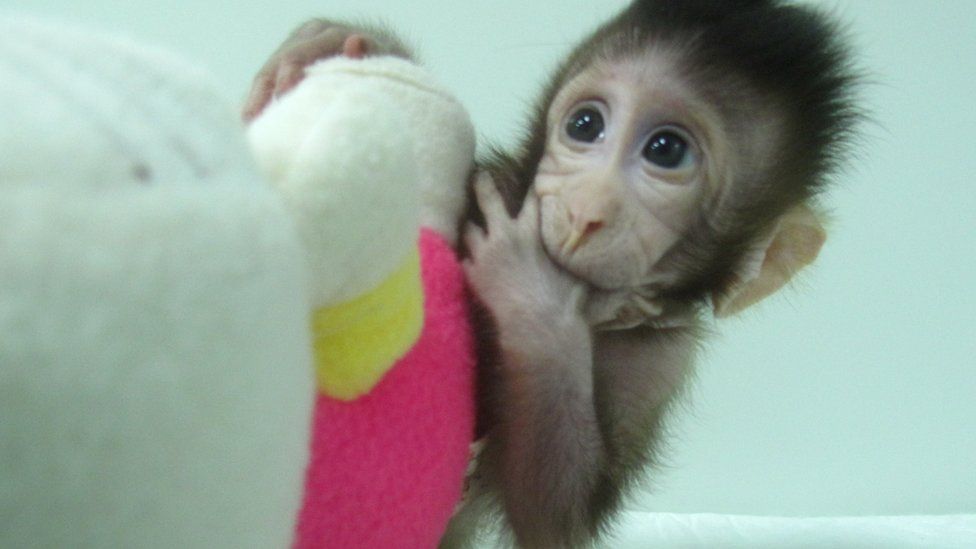
The problem with this method of cloning adult cells to become embryonic is that in most attempts, mistakes are made in the reprogramming, and very few end up becoming born and fewer still are born healthy – between 1 and 3% in most mammals. And it has proved harder still with rhesus monkeys, with no births until the research team succeeded two years ago.
They discovered that in failed rhesus attempts, the placentas, which provide oxygen and nutrients to the growing foetus, were not reprogrammed properly by the cloning process and so did not develop normally.
The researchers got around the problem by not using the part of the cloned embryo that goes on to develop into the placenta – the outer part. As the graphic below shows, they removed the inner cells – which develop into the body of the animal and inserted them into a non-cloned outer embryo – which they hoped would develop into a normal placenta.
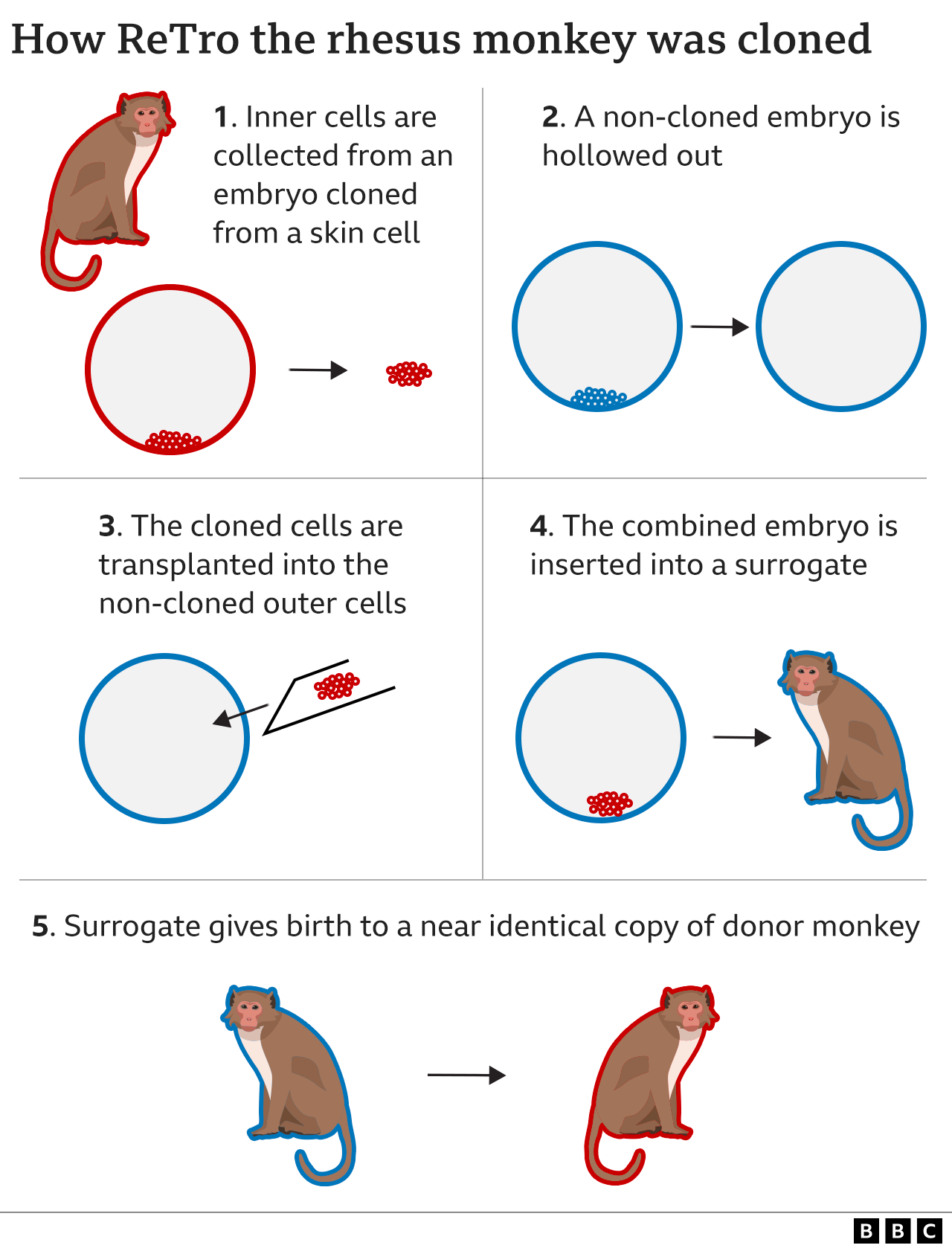
The researchers used 113 embryos, 11 of which were implanted and achieved two pregnancies and one live birth.
They named the monkey “ReTro”, after the scientific method, called “trophoblast replacemement”, used to produce the animal.
The RSPCA said it had grave misgivings about the research.
“There is no immediate application for this study. We are expected to assume that human patients will benefit from these experiments, but any real-life applications would be years away and it is likely that more animal ‘models’ will be necessary in developing these technologies,” a spokesperson said.
“The RSPCA is deeply concerned about the very high numbers of animals who experience suffering and distress in these experiments and the very low success rate. Primates are intelligent and sentient animals, not just research tools”.
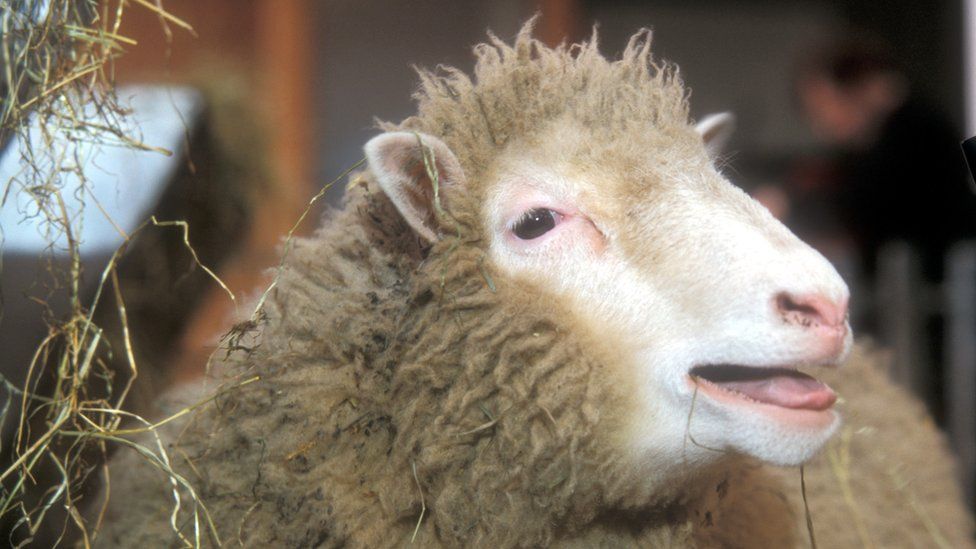
Prof Robin Lovell-Badge, of the Francis Crick institute in London, who strongly supports animal research when the benefits to patients outweigh the suffering to animals, has similar concerns.
“Having animals of the same genetic make-up will reduce a source of variation in experiments. But you have to ask if it is really worth it.
”The number of attempts they had is enormous. They have had to use many embryos and implant them into many surrogate mothers to get one live born animal.”
Prof Lovell-Badge also has concerns that the scientists have produced only one live birth.
”You cannot make any conclusions about the success rate of this technique when you have one birth. It’s nonsense to ever propose you can. You need at least two, but preferably more.”
In response, Dr Falong Lu told BBC News that the team’s aim is to obtain more cloned monkeys while reducing the number of embryos used. He added that all ethical approvals had been obtained for the research.
“All animal procedures in our research adhered to the guidelines set by the Animal Use and Care Committees at the Shanghai Institute of Biological Science, Chinese Academy of Sciences (CAS), and the Institute of Neuroscience, CAS Center for Excellence in Brain Science and Intelligence Technology. The protocol has been approved by the Animal Use and Care Committee of the CAS Center for Excellence in Brain Science and Intelligence Technology”.
Follow Pallab on X, formerly known as Twitter
-
-
24 January 2018
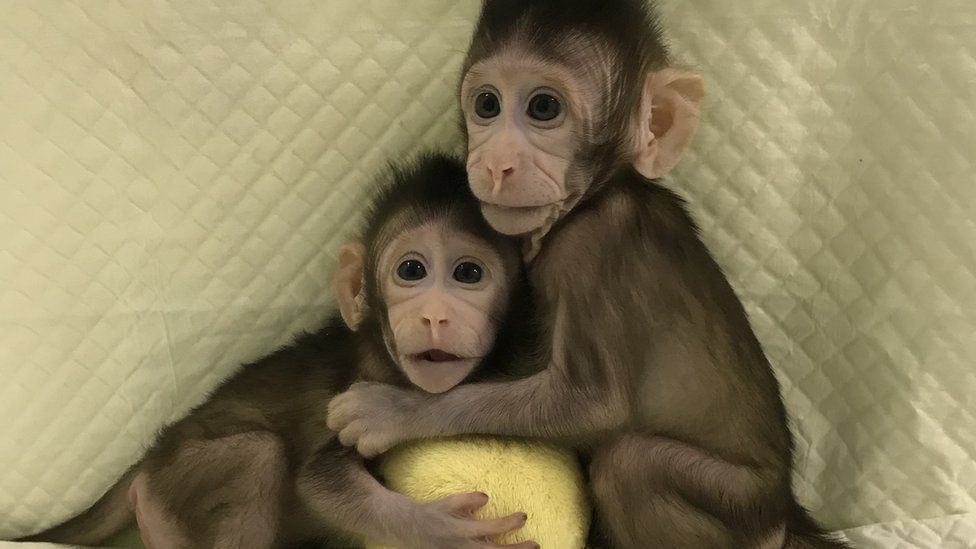
-
-
-
4 July 2016

-
Related Internet Links
Move Forward probes assault on MP’s aide

Victim suffered fractured skull after attack by other party members at Children’s Day event in Nonthaburi
PUBLISHED : 16 Jan 2024 at 22:05
The Move Forward Party is investigating a serious assault on an aide to one of its MPs, allegedly by fellow party members, at a recent Children’s Day party in Nonthaburi.
The party has formed a fact-finding panel to look into the incident that left Kittiphat Suriyachan in serious condition, Parit Wacharasindhu, the Move Forward spokesman, wrote on his X account on Tuesday.
Mr Kittiphat, 44, is a specialist working for Panyarat Nanthaphusitanont, a Move Forward MP for Constituency 2 in Nonthaburi.
Ms Panyarat said at least 20 men attacked Mr Kittiphat, who was attending the New Year and Children’s Day celebration at Wat Pho Phuek in Bang Kruai district of Nonthaburi on Saturday.
Also attending the party was Anusorn Kaewwichian, a Move Forward MP for Nonthaburi Constituency 3. He came with a group of party supporters, including Parinya Lekkamol, chairman of the Wat Pho Phuek community.
Shortly before the celebration drew to a close, Mr Parinya shouted at Mr Kittiphat, asking him if he was making trouble.
Mr Parinya then walked up to Mr Kittiphat and hit him around the head repeatedly. After that, the group of men with Mr Parinya attacked Mr Kittiphat, according to witness accounts.
Bruised and battered, Mr Kittiphat ran into a nearby convenience store for safety only to be followed and assaulted again by two men from the group, according to Ms Panyarat. An X-ray revealed Mr Kittiphat has sustained a fractured skull, she said. He is being treated in hospital.
It was reported that Mr Kittiphat has filed a police complaint against his attackers. Investigators have summoned the suspects to acknowledge charges of assault causing bodily harm.
A source familiar with the matter said the attack might have stemmed from a conflict that came about after Mr Kittiphat lodged an ethics complaint against Mr Anusorn last month.
The assault could also have been the result of a personal dispute as Mr Kittiphat was planning to contest a local election in an area dominated by Mr Anusorn, the source said.
Meanwhile, Mr Parit said the party is pressing ahead with an internal fact-finding investigation, while the police were proceeding with the criminal probe against the attackers.
Mr Parit insisted the party deplores all forms of violence and will not protect any wrongdoers.
The assault is the latest in a series of incidents that have caused concern in the party, which prides itself on its progressive image. Late last year, two of its MPs were expelled after a party investigation determined they were guilty of sexual harassment.
- Related: Abuse claims spur calls for ethics code
Elderly man avoids losing S$1.5 million to investment scam after police, StanChart intervene
Following an interview with the bank’s relationship manager on the purpose of the transactions, the victim was still not convinced that it was a scam. “Based on the red flags, the case was subsequently referred to the Anti-Scam Centre where officers swiftly engaged the victim and successfully convinced the victim aboutContinue Reading
North Korea lauds ‘comradely’ ties with Russia, Putin to meet Kim’s foreign minister
MOSCOW: North Korea’s foreign minister lauded comradely ties with Russia on Tuesday (Jan 16) ahead of a rare meeting in Moscow with Russian President Vladimir Putin, who has been invited by Kim Jong Un to visit the reclusive nuclear-armed country. Putin has deepened ties with North Korea since the 2022Continue Reading
Singapore proposes generative AI framework
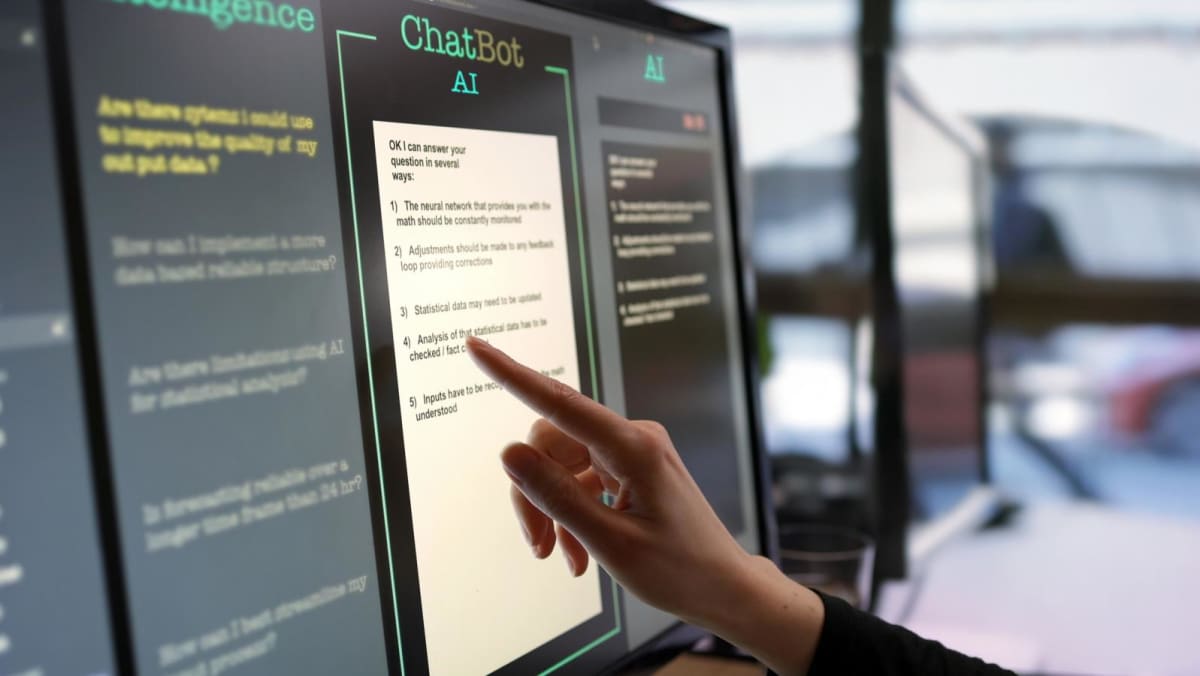
With technology evolving as quickly as it is, it can be hard to distinguish between the different types of AI.
Traditional AI usually performs specific tasks intelligently, based on a particular set of data.
While these systems are able to learn and make decisions on fixed inputs, they cannot create anything new. They analyse and predict outcomes based on existing data.
Voice assistants such as Siri and recommendation engines on Netflix or streaming services are examples of traditional AI.
Generative AI, however, creates something new.
With the introduction of generative adversarial networks – or GANs – a type of machine learning algorithm, generative AI can create new images, videos, and audio.
ChatGPT, OpenAI’s viral chatbot, is an example of generative AI.
According to Forbes, the main difference between traditional and generative AI lies in their capabilities and application.
“Traditional AI can analyse data and tell you what it sees, but generative AI can use that same data to create something entirely new.”



